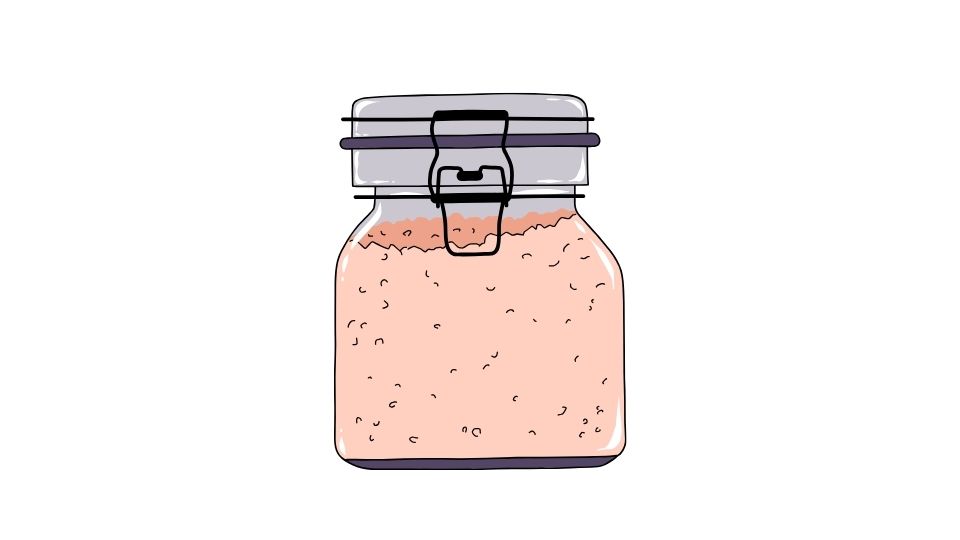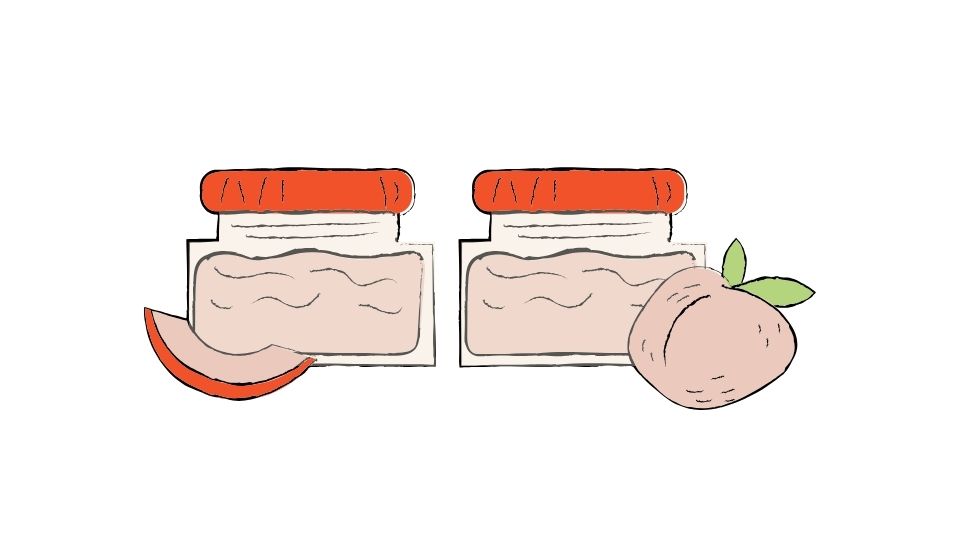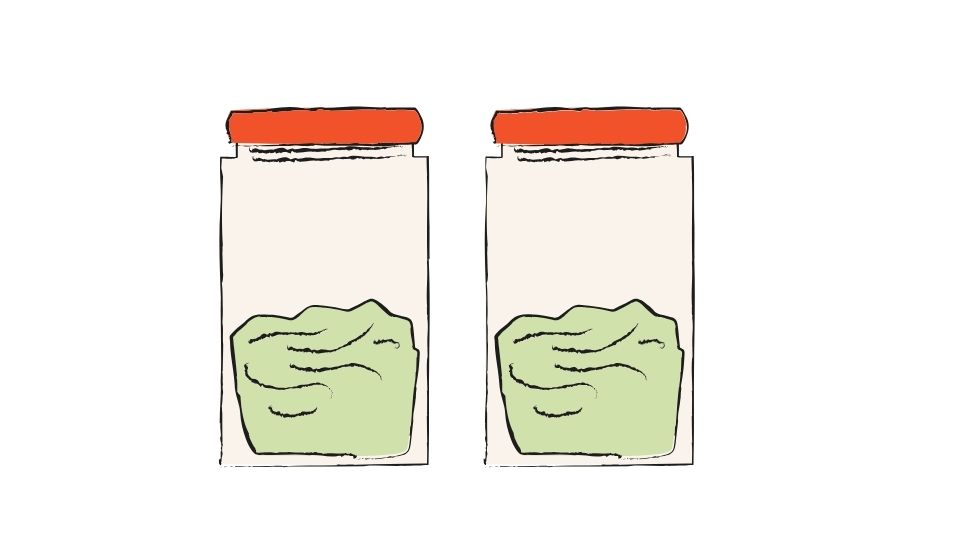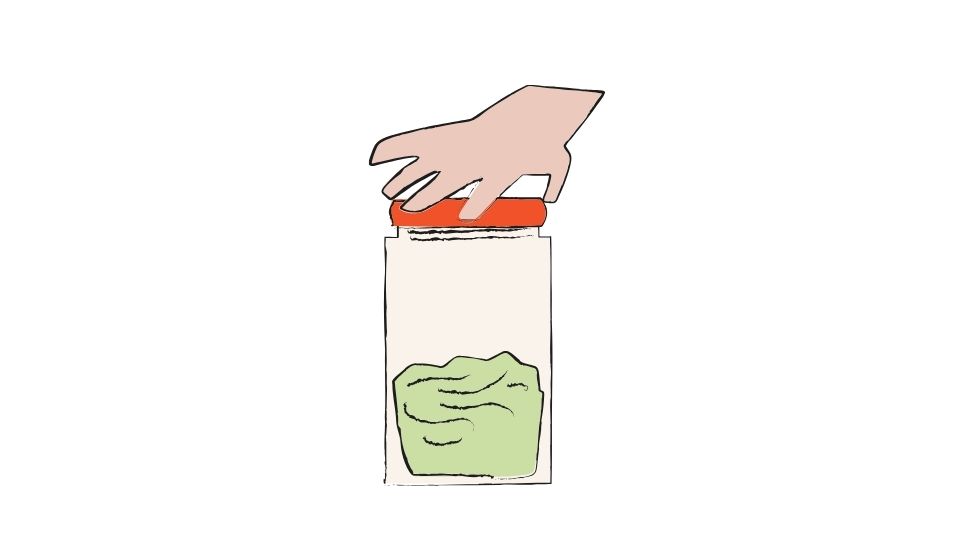Is Protein Powder OK for People with Lactose Intolerance?

If you’re lactose intolerant and craving those sweet protein gains, you’re probably wondering if protein powder is going to be your gym buddy or your worst enemy.
The answer isn’t black and white – it’s more like fifty shades of whey.
While some protein powders might send you running to the bathroom faster than your morning pre-workout, others could be perfectly fine for your sensitive digestive system.
Let’s break down what you need to know about protein powders when lactose isn’t your friend (without making you suffer through another boring scientific lecture).
Can You Handle the Whey? Protein Powders for Lactose Intolerant People
First, let’s remember what lactose intolerance actually is – your body doesn’t make enough lactase, the enzyme that breaks down lactose (milk sugar). The result? That uncomfortable bloating, cramping, and urgent bathroom trips after eating dairy.
Since whey protein comes from milk, it’s natural to be suspicious. But here’s the good news – not all whey proteins are created equal when it comes to lactose content.
The Lactose Lowdown: Which Protein Powders Won’t Wreck Your Gut

Whey Protein Concentrate: Proceed with Caution
This is the least processed form of whey protein, containing about 80% protein and – you guessed it – more lactose. If you’re seriously lactose intolerant, this option might trigger those all-too-familiar digestive issues.
Think of whey concentrate as that friend who always brings drama to the party. Maybe fun for some, but probably not for you.
Whey Protein Isolate: Your Likely Best Friend
Here’s where things get interesting. Whey isolate undergoes additional processing that removes most of the lactose and fat, typically resulting in 90%+ protein content with only trace amounts of lactose.
For most lactose intolerant folks, whey isolate is generally well-tolerated because the lactose content is so minimal. It’s like the lactose got invited to the party but decided not to show up.
One study in the Journal of the American College of Nutrition found that many people with lactose sensitivity can handle whey protein isolate without issues.
Whey Protein Hydrolysate: The Wild Card
This is pre-digested protein (sounds appetizing, right?) that may have lactose levels similar to concentrate. Some lactose intolerant people handle it fine, others don’t. It’s typically more expensive too, so maybe not worth the gamble.
Plant-Based Alternatives: The No-Lactose Squad

If you’re tired of playing Russian roulette with your digestive system, plant-based proteins offer a 100% lactose-free solution.
Popular options include:
- Pea protein: High in branched-chain amino acids (BCAAs) and mixes well
- Brown rice protein: Complete amino acid profile when combined with other proteins
- Hemp protein: Contains healthy fats and fiber (but has a distinct taste)
- Soy protein: Complete protein with all essential amino acids
According to research published in the Journal of the International Society of Sports Nutrition, plant proteins can be just as effective for muscle building when properly formulated.
Survival Tips for the Lactose Intolerant Protein Enthusiast

Take Lactase Enzymes Before Whey
If you’re set on trying whey concentrate or aren’t sure about a product’s lactose content, taking a lactase enzyme supplement before consumption can help your body digest any lactose present. It’s like bringing your own bouncer to kick out trouble making lactose.
Read Labels Like Your Gut Depends On It (It Does)
Some products labeled as isolate might still contain concentrate, so check the ingredient list thoroughly. Consumer Lab’s protein powder testing has found significant variations in actual content versus what’s on the label.
Start Small and Listen to Your Body
When trying a new protein powder, start with a half-serving and see how your body responds. Your gut will give you feedback – make sure you listen!
Know the Difference Between Intolerance and Allergy
Remember that lactose intolerance (can’t digest lactose) is different from a milk protein allergy (immune reaction to proteins). If you have the latter, no whey protein is safe for you, regardless of lactose content.
The Bottom Line: Yes, You Can Still Get Swole

The good news? Being lactose intolerant doesn’t mean you have to give up on convenient protein supplementation. You’ve got options!
For most people with lactose intolerance:
- Whey isolate is likely your best bet in the whey category
- Plant-based proteins are your zero-risk option
- Lactase supplements can be your backup plan
According to dietitians at the Mayo Clinic, most lactose intolerant individuals can handle small amounts of lactose, especially when consumed with other foods.
Remember that supplements are meant to supplement a healthy diet – not replace real food. The American Academy of Nutrition and Dietetics recommends focusing on whole food protein sources first.
So go ahead and get those gains – just choose your protein powder wisely. Your muscles (and bathroom schedule) will thank you.

